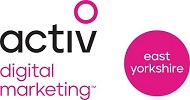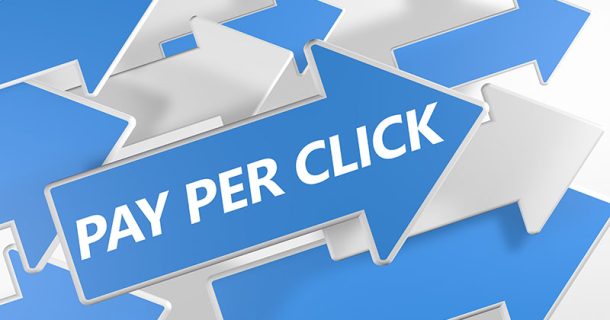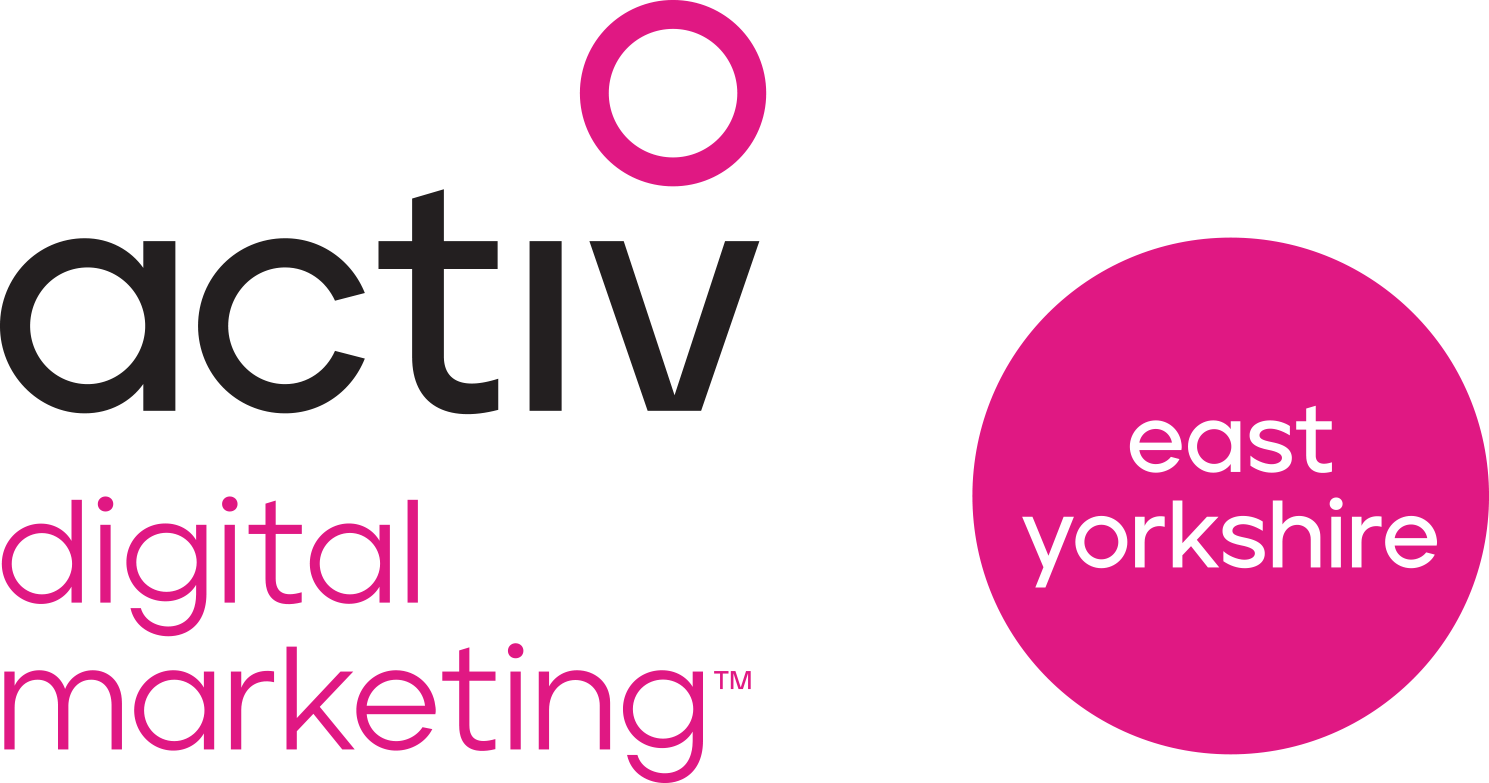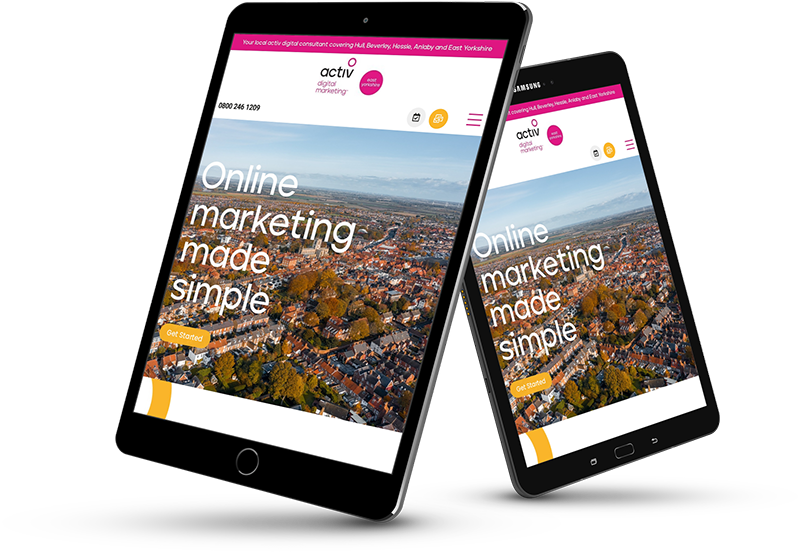When it comes to marketing your business online, there are many options to choose from. One popular option is pay-per-click (PPC) marketing.
PPC is a form of advertising that allows you to pay for top placement on search engines. When done correctly, PPC can be a great way to drive targeted traffic to your website. PPC works by placing ads on search engines and other websites. When someone clicks on your ad, you pay the agreed-upon amount to the site owner.
The amount you pay depends on how popular the keyword is that you are bidding on. The more popular the keyword, the more you will pay per click. When setting up a PPC campaign, it is important to choose your keywords carefully.
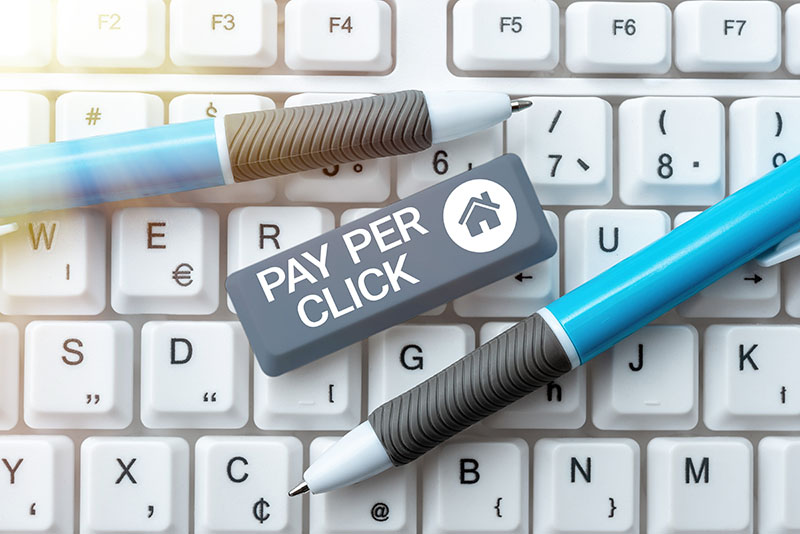
You want to choose keywords that are relevant to your business and that people are actually searching for. You also want to make sure you are bidding on keywords that are not too popular, as you will end up paying a lot per click.
PPC can be a great way to drive targeted traffic to your website. However, it is important to setup your campaign carefully in order to be successful.
- What is pay per click marketing?
- How can pay per click marketing help businesses?
- What are the benefits of pay per click marketing?
- What are the key components of a successful pay per click marketing campaign?
- How much does pay per click marketing cost?
- How do you measure the success of a pay per click marketing campaign?
- What are the risks of pay per click marketing?
1. What is pay per click marketing?
In pay per click marketing, advertisers pay a fee each time one of their ads is clicked.
The fee is paid by the advertiser to the publisher, who then displays the ad on their website. The fee is usually based on a bid system, where the advertiser specifies how much they’re willing to pay for each click.
The publisher then decides whether or not to accept the ad, based on their own criteria. Pay per click marketing is a way for advertisers to get their message in front of potential customers, and it’s a way for publishers to generate revenue from their websites.
It’s a popular form of online marketing, and it can be very effective if it’s used correctly. There are some risks associated with pay per click marketing, though. If an advertiser isn’t careful, they can end up spending a lot of money on clicks that don’t lead to sales.
And if a publisher isn’t careful, they can end up accepting ads that don’t generate a lot of revenue.
2. How can pay per click marketing help businesses?
Businesses can use pay per click marketing to help them advertise their products or services on the internet.
By advertising on the internet, businesses can reach a wider audience than they would if they only advertised in traditional media. With pay per click marketing, businesses can target their ads to people who are interested in what they are selling.
This means that businesses can get more customers to see their ads and learn about their products or services. Pay per click marketing can be a very effective way for businesses to advertise their products or services.
By targeting their ads to people who are interested in what they are selling, businesses can get more customers to see their ads and learn about their products or services.
3. What are the benefits of pay per click marketing?
Pay per click marketing is a great way to get your message in front of consumers who are actively searching for your product or service.
With pay per click marketing, you only pay when someone clicks on your ad, making it a cost-effective way to reach your target market. Here are three benefits of pay per click marketing:
- Pay per click marketing is targeted. You can target your ads to consumers based on their search terms, making it more likely that they’ll find your ad relevant and click on it. This ensures that your ad budget is spent on reaching consumers who are more likely to be interested in your product or service.
- Pay per click marketing is flexible. You can adjust your budget and bidding strategy at any time to make sure that your campaigns are effective and efficient. This flexibility allows you to make changes as needed to ensure that you’re getting the most out of your pay per click marketing campaigns.
- Pay per click marketing is measurable. You can track how many people have seen your ad, as well as how many people have clicked on it. This data allows you to gauge the effectiveness of your pay per click campaigns and make necessary adjustments to improve results.
Pay per click marketing is an effective way to reach your target market and achieve your marketing goals. With its targeted, flexible, and measurable nature, pay per click marketing is a great tool for any business.
4. What are the key components of a successful pay per click marketing campaign?
A successful pay-per-click marketing campaign has four key components:
Keyword research is the first and most important step in a successful PPC campaign. You need to find the right keywords that not only relate to your business, but are also popular search terms that will generate a high return on investment.
Creating targeted ads is the second step. Your ads should be relevant to the keywords you’ve selected, and they should be crafted in a way that will appeal to your target audience. Bid management is the third step.
You need to set a budget for your campaign and decide how much you’re willing to pay per click. Then, you need to monitor your bids to ensure you’re getting the most bang for your buck. Finally, you need to measure and analyze your results.
This will help you determine which keywords and ads are performing well, and which need to be tweaked. By constantly monitoring and optimizing your campaign, you can ensure a successful pay-per-click marketing campaign.
5. How much does pay per click marketing cost?
There is no definitive answer to how much pay-per-click marketing costs as it depends on numerous factors such as the industry, the geographical location, the target audience, and the competition.
That being said, the average cost-per-click (CPC) for Google AdWords is around £1 to £2 for the Google Search Network and £0.25 to £0.50 for the Google Display Network.
The CPC will be higher for more competitive industries such as insurance or loans, and lower for less competitive industries such as B2B services.
The cost also varies depending on the geographical location. For example, CPCs are generally higher in cities than in rural areas.
The target audience also affects the CPC. For example, if you’re targeting executives, the CPC will be higher than if you’re targeting students. Finally, the level of competition also impacts the cost. If you’re in a highly competitive industry, you can expect to pay more per click than if you’re in a less competitive industry.
To conclude, there is no clear-cut answer to how much pay-per-click marketing costs. It depends on a variety of factors such as the industry, geographical location, target audience, and competition.
6. How do you measure the success of a pay per click marketing campaign?
The success of a pay per click marketing campaign can be measured in many ways. One way is to track how many clicks each ad gets.
Another way is to track how many people visit your website after clicking on an ad. You can also measure the success of your pay per click campaign by looking at how much money you are making from it.
If your campaign is generating a lot of clicks but not many sales, then it is not very successful. On the other hand, if your campaign is generating a lot of sales, then it is very successful.
It is also important to track the conversion rate of your pay per click campaign. This is the percentage of people who take action after clicking on an ad.
For example, if you have a conversion rate of 3%, that means 3% of people who click on your ad will buy something from your website. To track the success of your pay per click campaign, you will need to use analytics software such as Google Analytics.
This will give you detailed information about the number of clicks, the number of sales, and the conversion rate.
7. What are the risks of pay per click marketing?
There are a few risks to consider when engaging in pay per click (PPC) marketing. First, if your ads are not well-targeted, you may end up wasting a lot of money on clicks that don’t convert to sales. Secondly, if you don’t carefully monitor your PPC campaigns, you could end up paying way more per click than you had planned.
Finally, PPC can be very time-consuming, and if you’re not careful, it can easily become a full-time job.
When done correctly, PPC can be an extremely effective way to drive traffic to your website and generate sales. However, you need to be aware of the risks involved before you dive in.
By being mindful of the potential pitfalls, you can avoid them and run a successful PPC campaign.
PPC marketing is a form of online marketing in which advertisers pay a fee each time one of their ads is clicked. It is a way to buy visits to your site, rather than earning them organically.
PPC is one of the most popular forms of online advertising because it allows you to target your ads to a specific audience and get your message out to them directly.
We hope you have found his article useful, if you have and you would like to see more visit
NEED MORE INFORMATION?
Book a FREE Meeting
If you would like a 30 minute meeting to discuss your project (Phone, Face-to-face or Zoom)
